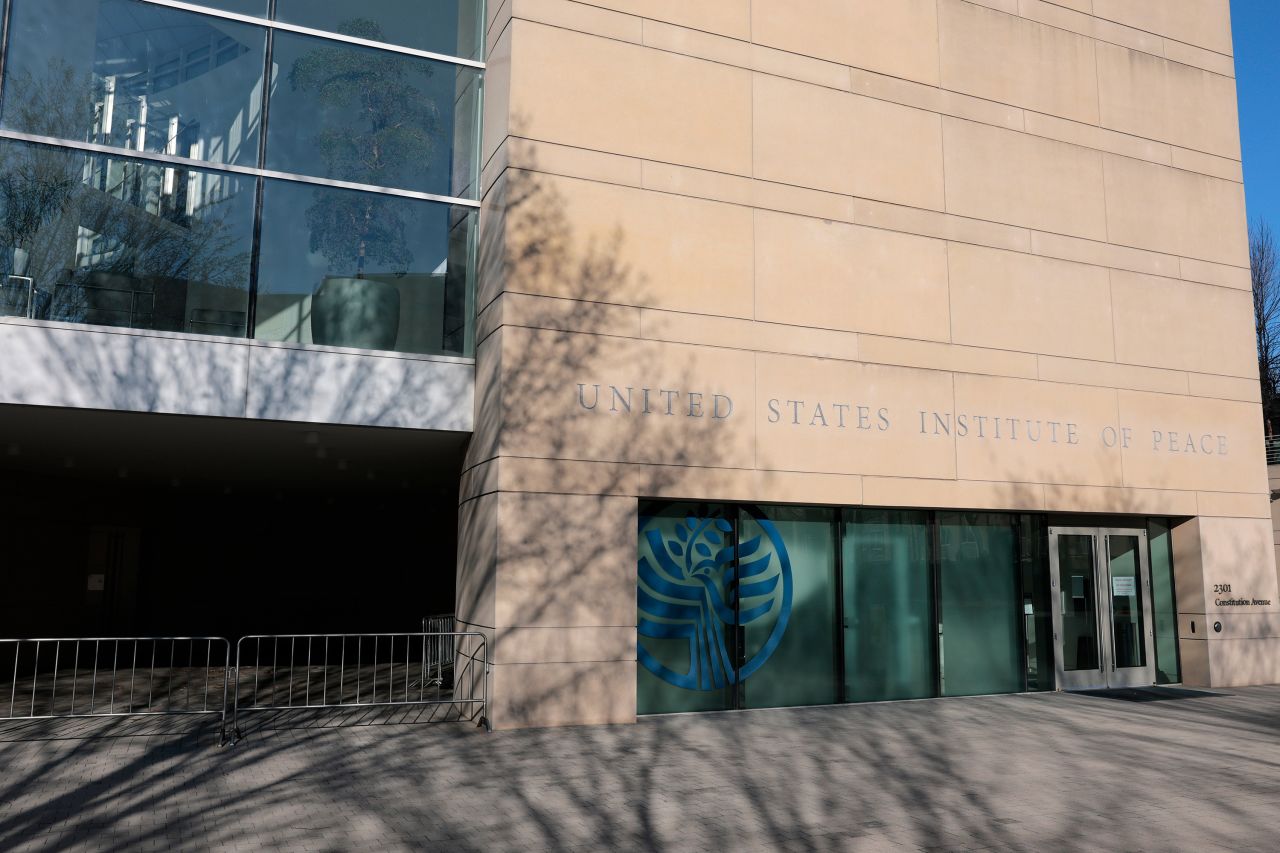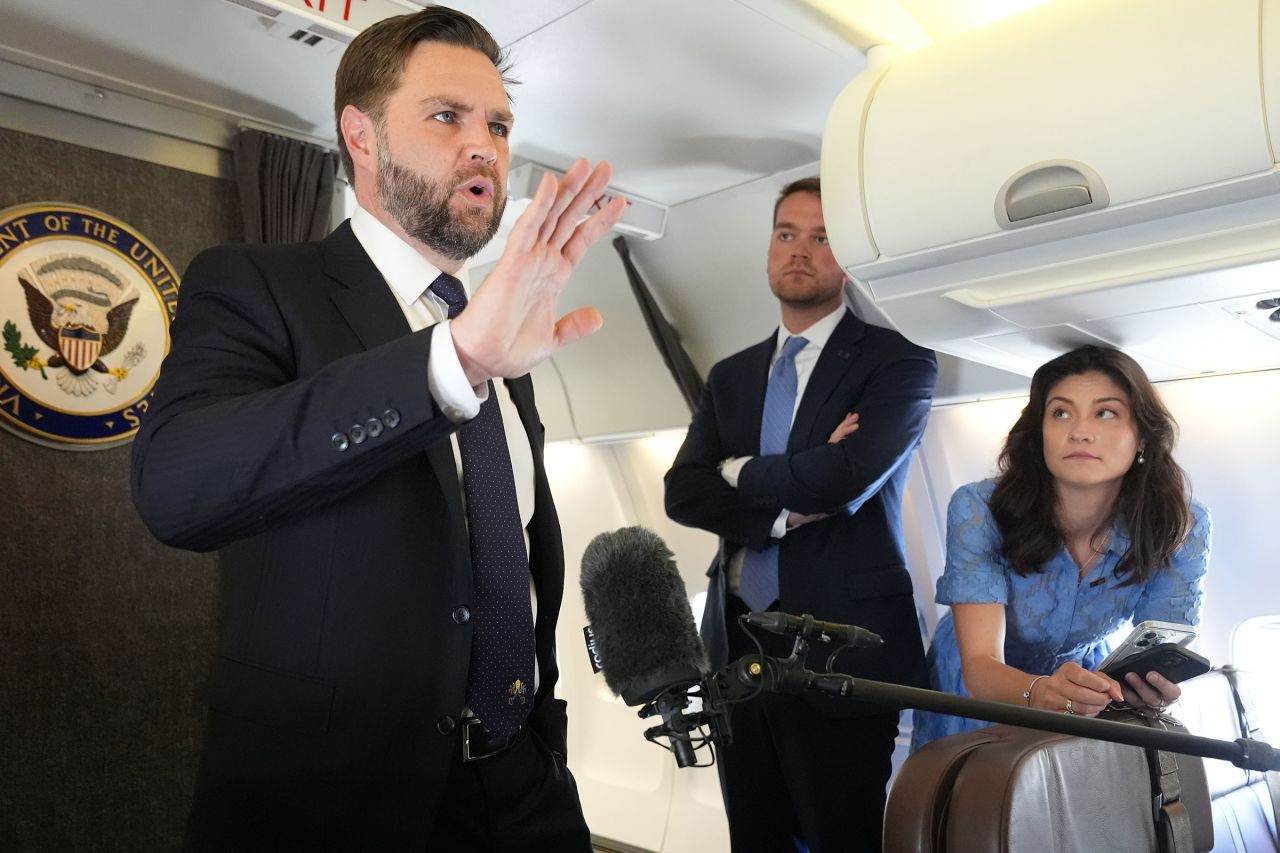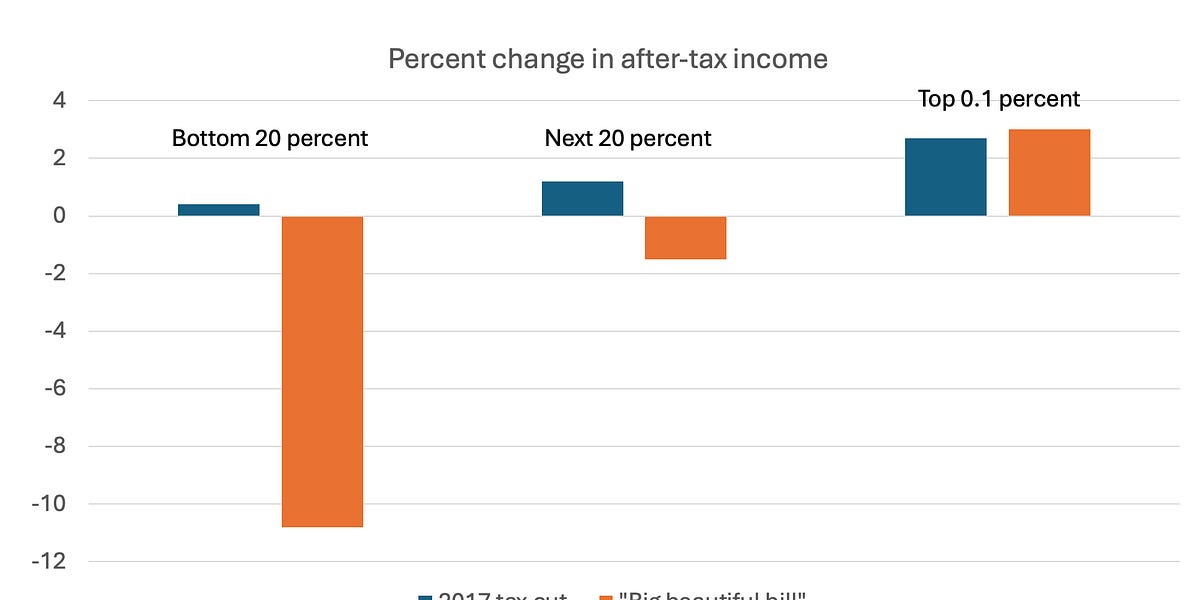Vice President JD Vance said he believes that President Donald Trump will ask Russian President Vladimir Putin if he is “serious” about peace with Ukraine in a phone call this morning.
Vance stressed that the United States is “not going to spin its wheels” in its attempts to reach a resolution.
While Vance said “it’s hard to pinpoint one” obstacle to reaching a ceasefire, he reiterated how “one open question” is whether Putin is serious about negotiating peace.
“I’m not sure that Vladimir Putin has a strategy himself for how to unwind the war, of course, that’s been going on for a few years now,” Vance added, saying he thought “the president would agree” with that.
Vance also said that the US is still “more than open to walking away.”
“We want to see outcomes, and the first major outcome that we wanted to see, which we were glad about, is that we wanted to see the Russians and the Ukrainians to put a real peace proposal on the table. What would you need to do in order to stop fighting? That happened. The second thing is that they needed to agree to talks with one another,” he said.
While Putin didn’t show up for direct talks that he proposed last week, Russian and Ukrainian delegations met in Turkey on Friday and agreed to a large-scale prisoner swap. Ukrainian President Volodymyr Zelensky, who agreed to meet with Putin directly, criticized him for sending a “low-level” delegation and said the Russian leader was “afraid.”
Ahead of Trump’s 10 a.m. ET call, Vance said, “I was just on the phone with him. I know he’s looking forward to it and I wish him all the best. I think he’s the right guy to negotiate for the country.”
During a briefing with reporters on Monday, White House press secretary Karoline Leavitt said Trump has “grown weary and frustrated with both sides of the conflict,” adding that his goal “is to see a ceasefire and to see this conflict come to an end.”
Pressed on whether the president still wants to meet with Putin, as he told reporters last week in the Middle East, Leavitt said it will depend on today’s call.





















